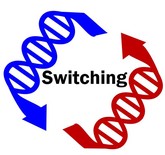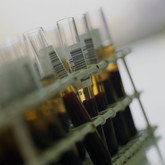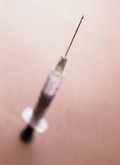Biosimilars/Research
|
Posted 16/04/2021
A recent paper by Spanish dermatologists reviews the principles of biosimilarity and equivalence trials that have led to the approval of the available adalimumab biosimilars [1]. Given the current sophistication of the analytical processes, the need to include therapeutic equivalence trials for some drug classes might be eventually waived, but they are currently standard. Equivalence trials are designed to establish that the efficacy and safety of the biosimilar are similar to those of the reference biological, with a predetermined margin of equivalence that in psoriasis ranges from ±14% to ±18%. Lower margins would imply potentially unaffordable sizes of treatment groups. The primary endpoint of the study and the timing of the determination may or may not be the same as those used in the pivotal trials of the reference biological, but the number of patients included is intentionally lower; the statistical design of equivalence trials is currently the subject of active research. In many equivalence studies, biosimilars obtain response rates higher than those reported in the pivotal studies for the originator, probably because of the absence of a placebo arm, which would tend to raise researchers’ and patients’ efficacy expectations.





























